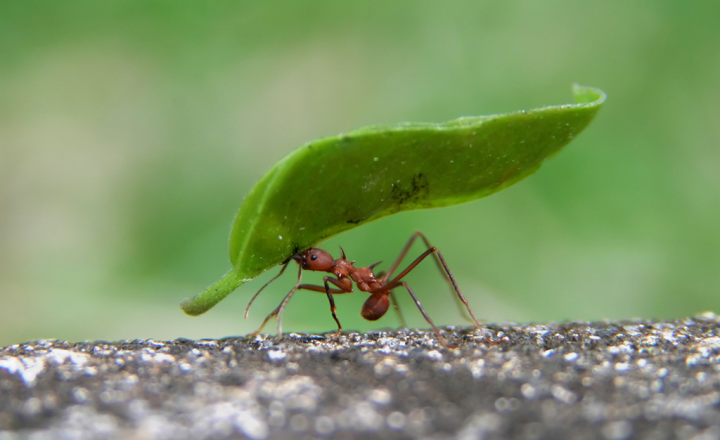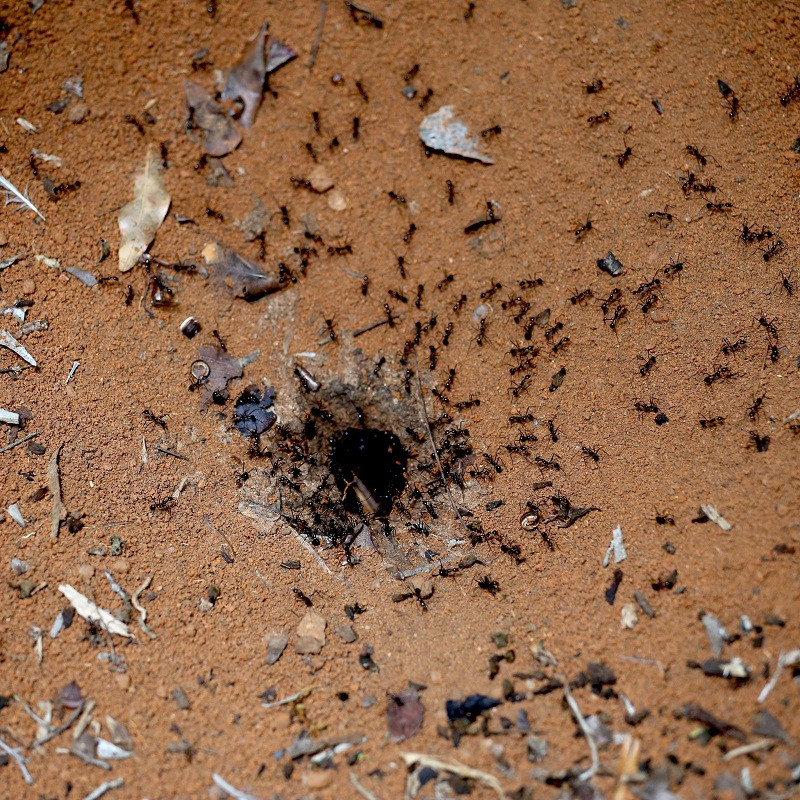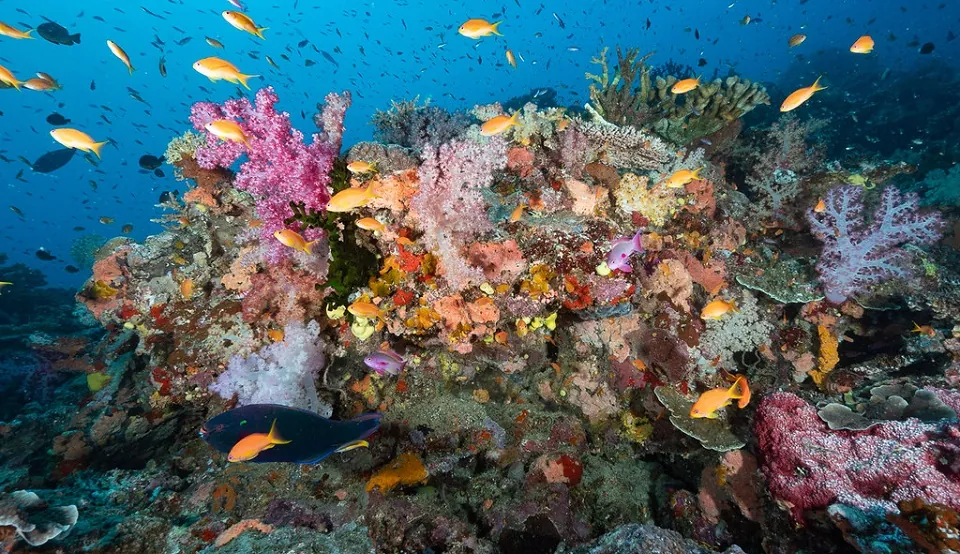Adverts
In the realm of nature, few organisms inspire as much fascination and admiration as ants.
Despite their diminutive size, these small creatures operate in complex, highly organized societies, playing essential roles in the ecosystems they inhabit.
Adverts
In this article, we will delve into the intriguing world of ants and discover some of the most surprising facts about these incredible insects.
Impeccable Social Organization:
Adverts
Ants are known for their incredible social organization. They live in highly structured colonies, where each member plays a specific role in the survival and functioning of the colony.
From the workers responsible for collecting food to the queen in charge of reproduction, each ant contributes to the well-being of the community as a whole.

Complex Communication:
Despite not having vocal organs like humans, ants communicate in sophisticated ways. They use a combination of pheromones, body touches and movements to convey information and coordinate activities within the colony.
This efficient communication allows ants to respond quickly to changes in the environment and coordinate complex tasks.
Surprising Force:
Despite their small size, ants are remarkably strong. Some species can lift objects many times heavier than themselves, thanks to their robust body structure and powerful jaws.
This impressive strength allows ants to transport food, build nests, and meet challenges in their environment.

Ingenious Survival Strategies:
Ants are masters of adaptation and survival. They have developed a variety of clever strategies to meet challenges in their environment, including nest-building techniques, defense methods against predators, and highly efficient food-gathering systems.
Some species even form symbioses with other organisms, such as fungi and trees, to ensure their survival.
Surprising Diversity:
With over 12,000 known species worldwide, ants exhibit impressive diversity in size, shape, behavior and habitat.
From tiny ants measuring just a few millimeters to large and impressive species like leafcutter ants, the world of ants is truly diverse and fascinating.

Crucial Ecological Role:
Ants play essential roles in the ecosystems they live in. They act as decomposers, helping to break down organic matter and recycle nutrients in the soil.
Furthermore, ants are important insect predators, controlling pest populations and contributing to ecological balance.
Inexhaustible Source of Inspiration:
The world of ants is an endless source of inspiration and wonder. Their social organization, complex communication, and survival strategies offer valuable insights into nature and social life. By studying ants, we can learn important lessons about cooperation, resilience, and adaptation that can be applied to many aspects of our own lives.
Conclusion:
Ants are true wonders of nature, whose presence and impact are felt in every corner of the world. Their complex and fascinating world is a powerful reminder of the diversity and beauty of life on Earth. By exploring the curiosities of ants, we are invited to contemplate the incredible complexity and interconnectedness of all living things that share our planet.




